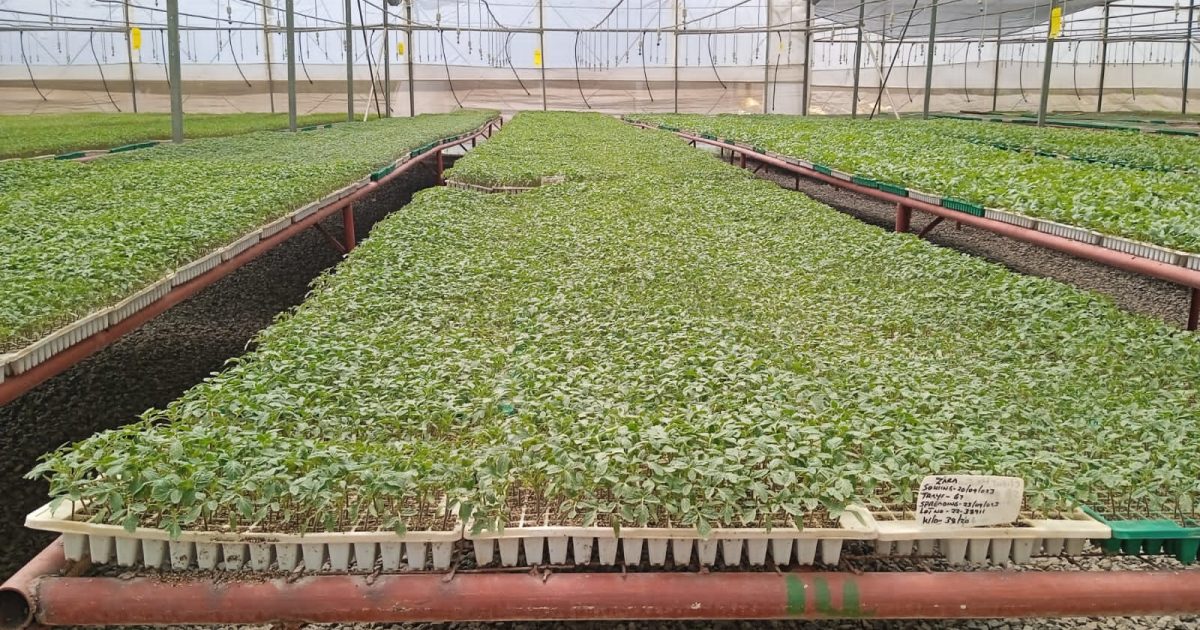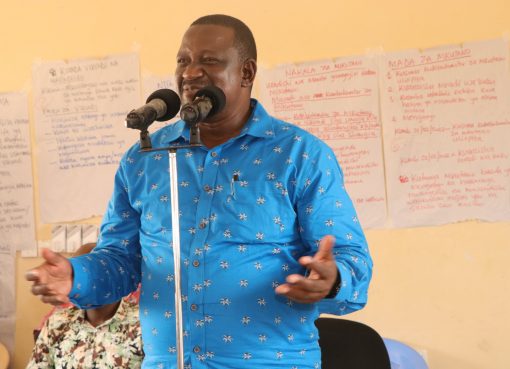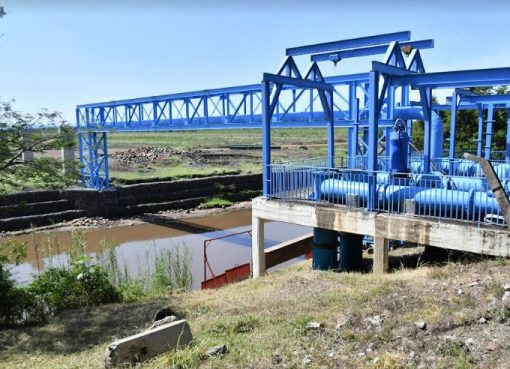Nakuru County Director for the Methodological Department Mr. Julius Kilemba has asked residents to be active participants in the collection of data for weather focus by owning rain gauges and sharing the information with the experts.
Speaking to KNA today, Kilemba said having a network of rain gauges can support scientific research and education since it contributes to the expansion and extension of data for studies on climate change and local weather patterns, hence enhancing environmental science since the experts cannot be in every corner of the county.
Kilemba noted that with increased ownership of rain gauges, farmers’ timely information about rainfall can be crucial in disaster preparedness, and allows residents and authorities to plan for and respond to weather-related emergencies, such as landslides or mudslides.
Moreover, Kilemba said, wider ownership of rain gauges encourages residents to monitor rainfall data and raises public awareness about the importance of climate change and weather in daily life. Plus, it fosters a sense of responsibility for environmental stewardship.
Additionally, he said, since farmers in Nakuru and surrounding areas rely on rainfall for their crops, accurate data would help farmers make informed decisions about planting, irrigation, health of crops, and predicting potential harvest dates.
Kilemba, however, said even residents in urban areas should consider owning rain gauges because the data collected can assist urban planners in designing more efficient drainage systems, reducing the risk of urban flooding, and thus contributing to the improvement of the quality of life for urban residents.
The Director emphasized that having as many rain gauges as possible all over the country is vital for understanding, adapting to, and managing the local climate and weather conditions since it impacts various aspects of life, including agriculture, water resource management, disaster preparedness, and overall environmental sustainability.
By Veronica Bosibori





